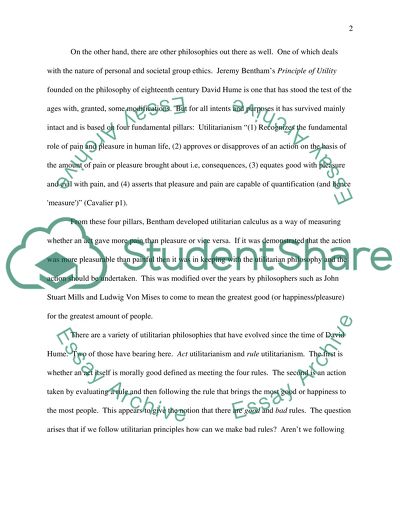Cite this document
(“International business ethics Essay Example | Topics and Well Written Essays - 2500 words”, n.d.)
Retrieved from https://studentshare.org/miscellaneous/1519427-international-business-ethics
Retrieved from https://studentshare.org/miscellaneous/1519427-international-business-ethics
(International Business Ethics Essay Example | Topics and Well Written Essays - 2500 Words)
https://studentshare.org/miscellaneous/1519427-international-business-ethics.
https://studentshare.org/miscellaneous/1519427-international-business-ethics.
“International Business Ethics Essay Example | Topics and Well Written Essays - 2500 Words”, n.d. https://studentshare.org/miscellaneous/1519427-international-business-ethics.


